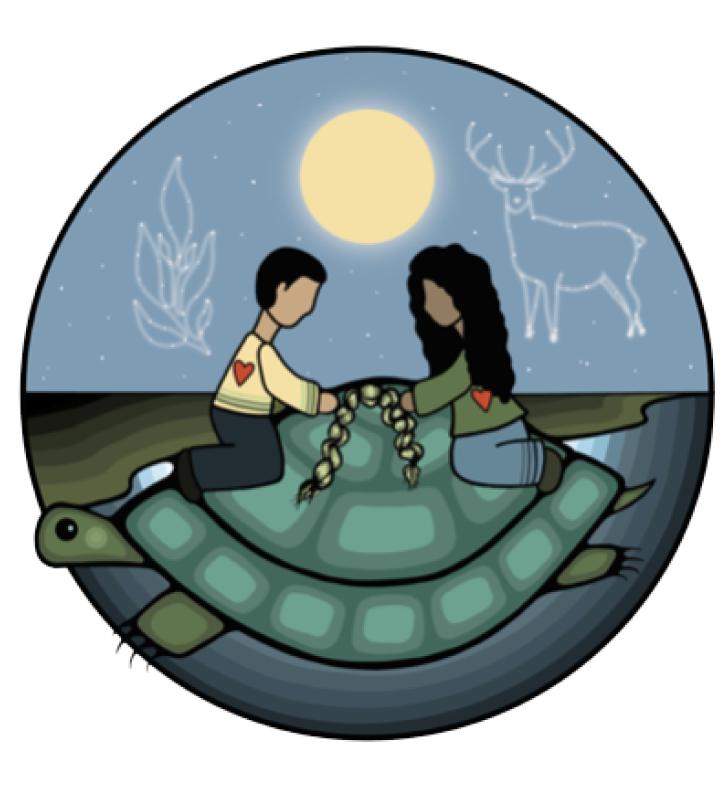Case Studies
Introduction
Introduction:
“I wonder if there’s some information out there that can be useful to this research and not reinvent the wheel again, not to duplicate the work. I’m just wondering how much research has been done in this area and what information is available out there that could help” – Anonymous Interview Participant
Case studies can be useful to those looking to weave knowledge systems. They are proof that a theory can be taken and put into practice, and can provide concrete examples of what weaving knowledge systems entails and how it can be successful. They also offer inspiration into approaches or methodologies that can be used to gather desired information, or the types of questions that can be answered.
Here, we provide simple summaries of a handful of past or on-going environmental research and monitoring programs that weave Indigenous Knowledge and Western Science. We highlight projects that vary in terms of location, focus, nations involved, and approaches to weaving knowledges to provide insight into the many different ways this can be achieved.
There are many, many remarkable examples of environmental initiatives that weave Western and Indigenous science around the globe; more than we can highlight on these pages. If you would like a specific project to be featured on our website – from your community, workplace, or research group – please contact us, providing contact information, your role in the work, the community that is conducting the work, and any information you are willing to share about the project. We will alternate which projects we highlight as our case studies, storing information about additional projects in the “Archive” tab.
For more information on Indigenous Guardians programs and how to start your own, see the Indigenous Guardians Toolkit website (www.indigenousguardianstookit.ca) and the Land Needs Guardians website (www.landneedsguardians.ca). For more information about climate change resources and tools for Indigenous peoples to monitor and adapt, see the Indigenous Climate Hub website (https://indigenousclimatehub.ca/).




